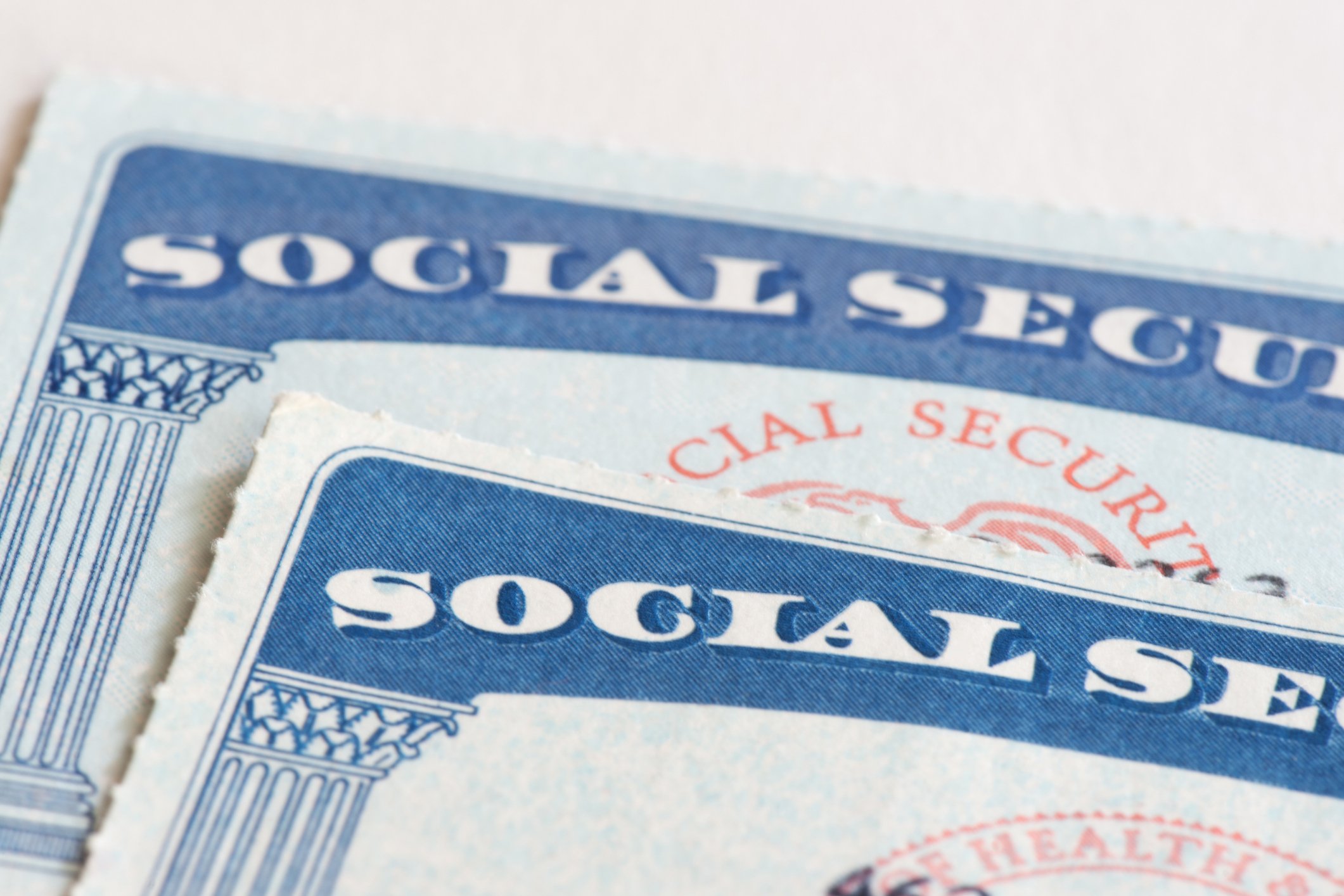Though paying taxes is generally a given when you earn money, not everyone is required to file a tax return by law. Depending on your tax filing status and earnings level, you might be exempt from the headache that is filing taxes. That said, just because you're not required to file a return doesn't mean it won't pay to do so anyway.
Who needs to file a tax return?
Unless you're a low earner, don't bank on being let off the hook as far as your tax return goes. But if you are a lower earner, you get a free pass if your income falls below these thresholds:
|
Tax Filing Status |
Age (As of Dec. 31, 2018) |
Income at Which You Must File a Tax Return |
|---|---|---|
|
Single |
Under 65 |
$12,000.00 |
|
Single |
65 or older |
$13,600.00 |
|
Married filing jointly |
Both spouses under 65 |
$24,000.00 |
|
Married filing jointly |
One spouse under 65 |
$25,300.00 |
|
Married filing jointly |
Both spouses 65 or older |
$26,600.00 |
|
Married filing separately |
Any age |
$5.00 |
|
Head of household |
Under 65 |
$18,000.00 |
|
Head of household |
65 or older |
$19,600.00 |
|
Qualifying widow or widower with dependent child |
Under 65 |
$24,000.00 |
|
Qualifying widow or widower with dependent child |
65 or older |
$25,300.00 |
Keep in mind that if you're self-employed, the income threshold at which you're required to file taxes is much lower. You're on the hook for submitting a return if you earn $400 or more. The same might hold true if you purchased health insurance from a state or federal marketplace.

IMAGE SOURCE: GETTY IMAGES.
If you're not sure whether you're required to file a tax return, the IRS has a handy tool that will help you make the right call. But even if you don't need to file a tax return, doing so might actually put money back in your pocket.
Why file a tax return when you don't have to?
Though it's true that filing taxes takes time and effort, it often pays to file even if the IRS doesn't require you to. The reason? You might be entitled to a host of lucrative tax credits that end up putting money back in your pocket.
Take the Earned Income Tax Credit, or EITC, for example. It's one of the few refundable tax credits out there, which means that if it reduces your tax liability to less than $0, the IRS will send you the difference. For the 2018 tax year, the EITC could be worth up to $6,431 depending on the number of children you have in your household.
Speaking of children, if you have kids under the age of 17, you might get up to $2,000 back for each thanks to the Child Tax Credit. Of that $2,000, up to $1,400 is refundable, which means the IRS must send it to you even if you don't owe any tax.
Filing your taxes for free
One reason you might shy away from filing a tax return when you're not required to is that you don't want to deal with the cost involved. But if your income is below $66,000 (which it would need to be for you to get out of filing your taxes), then you get the option to file your return electronically for free. This year's tax filing deadline is April 15, so be sure to submit your return by that date, if not earlier. It generally takes the IRS three weeks to issue refunds for electronically filed returns, so if you're due some money back, the sooner you finish your taxes, the sooner you'll get your cash.





